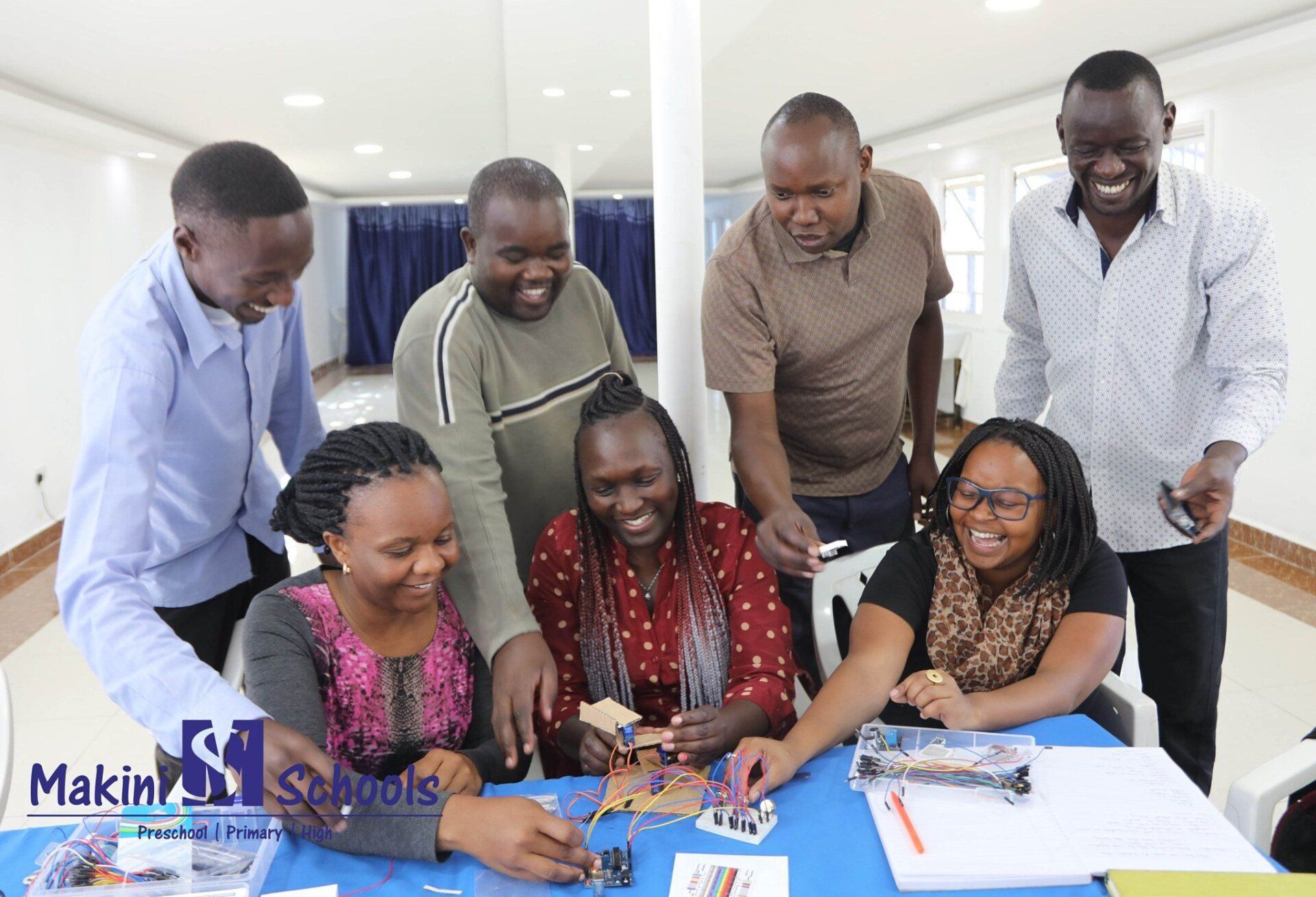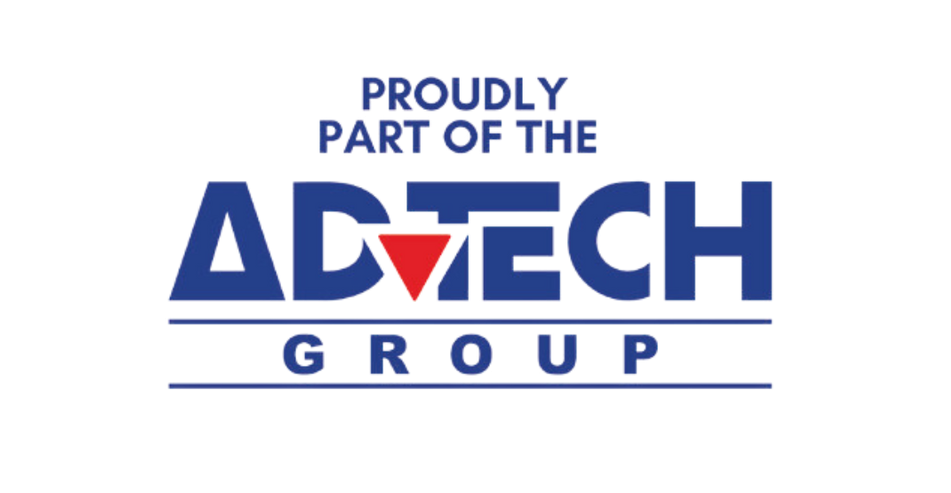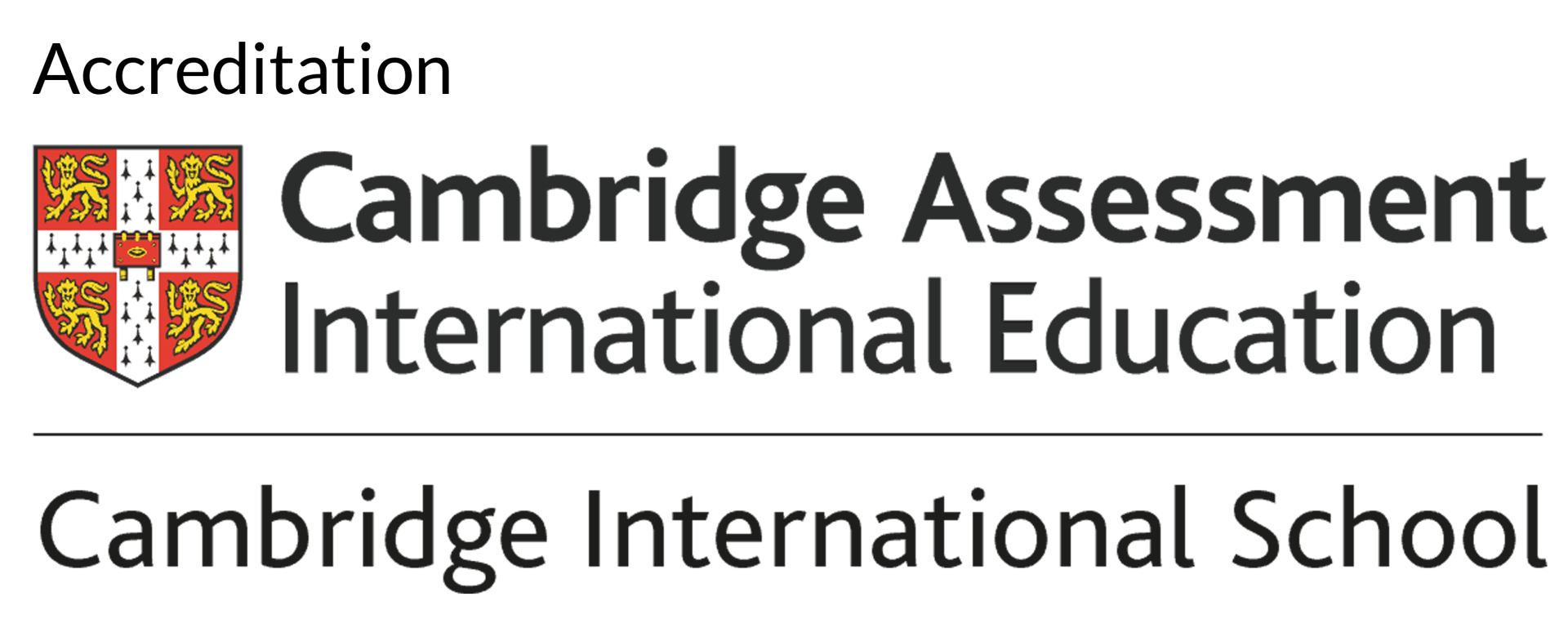What is Working Memory & How to Improve it
Understanding working memory and why its important
Working memory is the ability to hold and manipulate information in the mind for a short period of time. It is a powerful tool that is essential for completing daily functions like remembering a phone number long enough to dial it, solving complicated problems or following instructions with multiple steps. This cognitive brain function plays a vital role in learning, productivity and mental performance.
What is Working Memory?
Working memory is a core function of the brain responsible for temporarily storing and managing information needed for cognitive tasks. Unlike short-term or long-term memory, which stores knowledge and experiences, working memory keeps information accessible while you use it in real time.
The Components of Working Memory
There are three key components to working memory:
1. Central executive
This is the control centre and is responsible for overseeing attention, coordination and integration of information across systems.
2. Phonological loop
This component manages auditory information and verbal processing. It allows us to hold words or sounds temporarily.
3. Visuospatial sketchpad
This handles visual and spatial data. It helps you visualize layouts or patterns.
The Importance of Working Memory
Improves Learning and Education
Working memory in learning and productivity is essential. Learners who have stronger working memory can grasp complex concepts and follow classroom instructions more easily. They are also able to retain essential information for problem-solving.
Helps in Professional Performance
In the workplace, working memory helps with multitasking, decision-making and staying organised. When faced with multiple tasks or having to solve problems under pressure, professionals often rely on this function.
How Working Memory Is Assessed
Standard Tests and Assessments
Working memory is typically assessed using span-type tasks like digit span, reading span, location span and visual span tests. Running memory tasks like the n-back task assesses the central executive component of working memory. Complex span tasks are also used.
Signs of Working Memory Challenges
Difficulties with working memory might show up as:
- Trouble following directions
- Forgetting what you’re doing mid-task
- Difficulty retaining information from conversations or readings
Strategies to Improve Working Memory
There are various ways to improve working memory. These include cognitive exercises, lifestyle modifications as well as mindfulness and meditation.
Cognitive Exercises
Engaging in working memory exercises like dual n-back training, number sequencing games or memory grid tasks can significantly strengthen this ability over a period of time.
Lifestyle Modifications
Cognitive enhancement techniques include:
- Getting 7 - 9 hours of sleep
- Maintaining a brain-healthy diet rich in omega-3s
- Regular aerobic exercises
Mindfulness and Meditation
Studies have shown that mindfulness practices enhance attention and working memory. This promotes greater cognitive flexibility.
Technological Tools and Resources
In today’s world, there are many different tools and resources available to assist.
1. Apps and Software
Programmes like Cogmed, Peak and Elevate offer brain training for better memory. They have personalised challenges that target working memory.
2. Educational Games
Games like Lumosity and Memory Matrix use fun, engaging formats to deliver working memory exercises while keeping users motivated.
Tips for Everyday Memory Improvement
Memory Techniques
Learners can boost their retention of information with classic strategies like:
- Mnemonic devices
- Chunking (grouping items into smaller sets)
- Method of loci (uses visualisation to enhance memory)
Environmental Adjustments
Strategies to improve memory retention include simplifying your environment to reduce cognitive load. Using planners and to-do lists will help. Ensuring learning spaces are decluttered is also a great way to enhance memory recall.
Working memory is foundational to learning, productivity and problem-solving in everyday life. By knowing how it works and having the tools to implement effective strategies, learners can sharpen their minds and improve their mental performance. At Makini School, we understand the value of strong cognitive foundations. For this reason, we include strategies to develop working memory into our teaching methods. Not only does this help learners thrive in the classroom, but also in the world.













